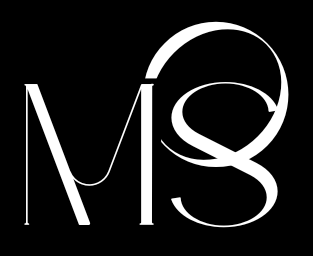Have you ever paused to ponder the path you’ve walked, the choices you’ve made, and the person you’ve become? In the hustle and bustle of daily life, it’s easy to get swept away by the currents of routine, leaving little time for introspection. But what if I told you that taking a moment to reflect on your experiences, thoughts, and emotions could be the key to unlocking a journey of continuous personal growth? In this post, we’ll explore the transformative power of self-reflection and uncover how integrating this practice into your life can lead to profound insights, deeper self-awareness, and lasting change.
The Art of Self-Reflection
At its essence, self-reflection is the art of turning inward and examining your thoughts, feelings, and experiences with curiosity and compassion. It’s about creating a space for introspection, free from judgment or expectation, where you can explore the depths of your inner landscape and gain clarity on who you are and what you want out of life.
The Benefits of Self-Reflection
Self-reflection is more than just a fleeting moment of introspection – it’s a powerful practice that can yield a multitude of benefits for your mental, emotional, and spiritual well-being. By engaging in regular self-reflection, you can:
1. Enhance Self-Awareness
Self-reflection allows you to gain deeper insight into your thoughts, emotions, and behaviors, helping you better understand your strengths, weaknesses, and motivations.
2. Foster Personal Growth
Through self-reflection, you can identify areas for growth and development, setting the stage for continuous improvement and self-evolution.
3. Improve Decision-Making
By reflecting on past experiences and outcomes, you can glean valuable lessons and insights that inform your future choices and actions.
4. Cultivate Resilience
Self-reflection enables you to build resilience in the face of adversity, as you learn to navigate challenges with greater clarity and perspective.
5. Deepen Relationships
By understanding yourself more fully, you can cultivate deeper and more meaningful connections with others, fostering empathy, understanding, and intimacy.
Practical Self-Reflection Techniques
So how can you incorporate self-reflection into your daily life? Here are some practical techniques to get you started:
1. Journaling
Set aside time each day to write freely about your thoughts, feelings, and experiences. Use prompts or questions to guide your reflection and encourage deeper exploration.
2. Meditation
Dedicate a few minutes each day to quieting your mind and turning inward through mindfulness meditation. Focus on your breath and observe your thoughts without judgment.
3. Daily Check-Ins
Take a few moments at the end of each day to reflect on your experiences – what went well, what didn’t, and what you learned. Use this time to celebrate successes and identify areas for improvement.
4. Self-Reflective Questions
Ask yourself probing questions that encourage introspection and self-discovery. For example, “What am I grateful for today?” or “What do I need to let go of to move forward?”
5. Seek Feedback
Actively seek feedback from others and reflect on their perspectives with an open mind. Use this feedback as an opportunity for growth and self-improvement.
Embracing the Journey
In conclusion, self-reflection is not just a practice – it’s a journey of self-discovery, growth, and transformation. By carving out time for introspection and embracing the process of self-reflection, you can unlock the door to a deeper understanding of yourself and the world around you. So take a deep breath, quiet your mind, and embark on the adventure of self-discovery. Your journey starts now.





 No products in the cart.
No products in the cart.